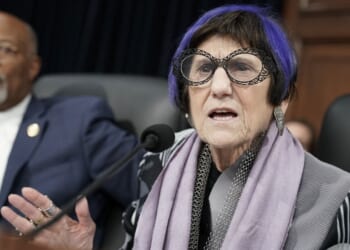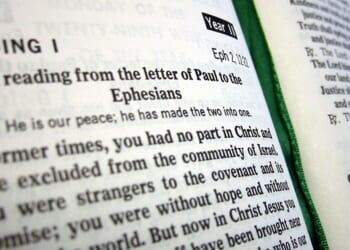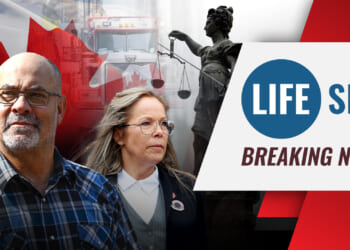The Department for Work and Pensions (DWP) has outlined the groups who will not be eligible for the winter fuel payment this season. Those residing in England and Wales, born before September 22, 1959, may receive financial aid from the DWP to assist with bill payments and home heating during the colder months.
Following a Government U-turn announced on June 11, the payment has been reinstated for around nine million pensioners this year. Eligible individuals can expect to receive between £100 and £300. Most qualifying recipients will automatically receive the funds. However, five categories of over-66s will not be granted this financial assistance, as confirmed by the DWP, Manchester Evening News reports.
You will not qualify for winter fuel payments if you:
- Earn more than £35,000 annually.
- Were hospitalised and received free treatment for the entire week of 15 to 21 September 2025 (and the preceding year).
- Were incarcerated for the entirety of the week of 15 to 21 September 2025.
- Reside in a care home, receive certain benefits, and have lived there for the full year from 23 June 2025 or earlier.
- Require permission to enter the UK and your granted leave prohibits you from claiming public funds.
If a state pensioner earns more than £35,000 for the tax year 2025/26, the payment will be reclaimed through an adjustment in your tax code the following year. This typically occurs automatically through the pay as you earn (PAYE) system.
If you’re self-employed or a high-income earner, the money will be reclaimed when you submit a self-assessment tax return. Alternatively, you can choose to opt out of the payment instead of having it recouped via these methods.
Certain care home residents will be eligible for the payment, but if both of the following conditions apply, you won’t receive it:
- You’re in receipt of Universal Credit, Pension Credit, Income Support, income-based Jobseeker’s Allowance (JSA), or income-related Employment and Support Allowance (ESA).
- You’ve resided in a care home for the entire year from 23 June 2025 or earlier.
If you qualify for the winter fuel payment, you’ll receive a letter in October or November detailing how much money you’ll receive. The DWP states that most people will receive their payment in either November or December this year.
It’s crucial to be vigilant of scams related to the payment pretending to be from a government service. Never disclose your personal details, such as bank account information or passwords.
Pensioners residing in Northern Ireland may be eligible for a Winter Fuel Payment from the Northern Ireland Executive. The eligibility criteria will be the same as those for England and Wales.
Those in Scotland don’t receive the winter fuel payment but could qualify for the pension age winter heating payment. More information on the winter fuel payment can be found on the government website.

















